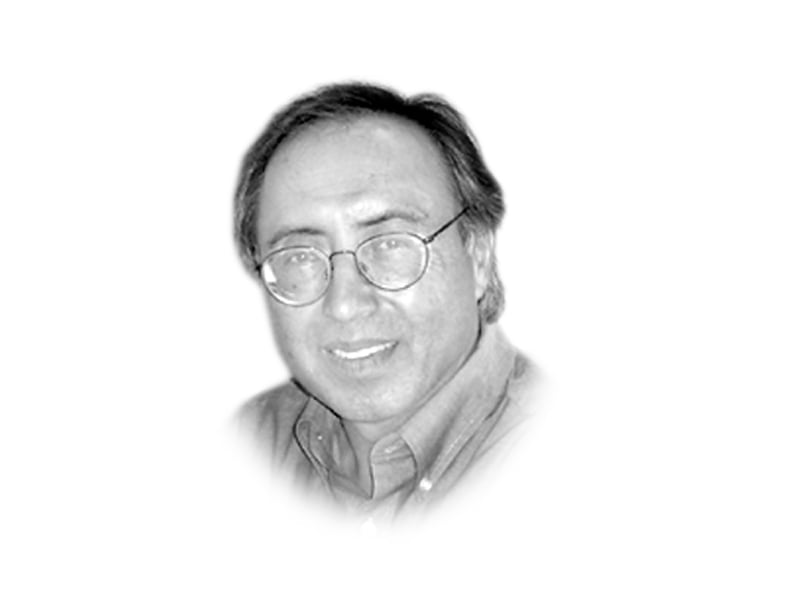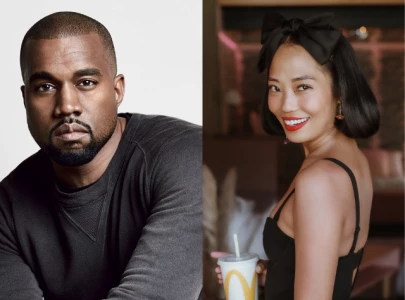

Pakistan’s challenges in the area of state-society relations are too many and too complex. The primary reason for this complexity is that democracy was uprooted in the formative years of the state-formation process — rather the murder of democracy. Actually, the undemocratic forces, the military and its social and religious allies made democracy a contested issue by raising questions about its relevance to the social conditions of Pakistan. Anti-democratic elements in other parts of the world have used the same cultural and social arguments against democracy — it is not for us, it is for others. By attacking democracy in a one-sided war waged through a controlled media for decades, military rule and ideas of an Islamic state have been in competition with democratic ideals in Pakistan. Although political parties of all shades and opinions share an interest in democracy, its support at a popular level remains very fragile. Without the shallow roots of democracy, military generals, perhaps, would have found it extremely difficult to establish their rule four times — cumulatively for about three decades.
All states have political systems, a sort of institutional political order. In the modern world, the most popular and widely embraced system is, of course, democracy. In the words of Winston Churchill, “all other alternatives are worse”. A system, like democracy in its true sense, provides the software to the institutional structure of the state. It is this software of democracy or authoritarianism, whatever the case might be, that makes the system work.
While we are in our fourth democratic transition and have celebrated a peaceful transfer of power from one civilian government to another, worries about democracy’s march onwards abound. What is worrisome? There are many reasons but I would like to cite only two. The first is the popularity of the military, if not military rule. All public opinion surveys (PEW, Gallup) suggest that eight in 10 Pakistanis highly approve of the military’s impact on the country. This rating has been consistent for the last half decade or so. The second reason is more worrisome, as it is about the system choice among the Pakistani youth (age 18-29). The British Council Pakistan’s survey this year revealed that only 23 per cent of young men and women think democracy has been good, although 29 per cent of them believe it is the best system.
More alarming is the fact that 38 per cent of youth have preference for military rule, while 32 per cent support Sharia. Democracy, in order of youth preference that may correspond to the general public perceptions trends, has the lowest value as a system.
Apart from consistent campaigns against democracy, it is the poor performance of elected governments that has led to a low social acceptance of democracy. Democracy grows, matures and gets firm roots only and only through showing positive gains for the common man.
Published in The Express Tribune, December 10th, 2013.
Like Opinion & Editorial on Facebook, follow @ETOpEd on Twitter to receive all updates on all our daily pieces.
COMMENTS (6)
Comments are moderated and generally will be posted if they are on-topic and not abusive.
For more information, please see our Comments FAQ

1729161093-0/liam-(4)1729161093-0-165x106.webp)


1732603002-0/lamar-(4)1732603002-0-165x106.webp)







"29 per cent believe Democracy is the best system while 32 per cent support Sharia."
Democracy is UnIslamic.......Period. Sharia Law is best for Pakistan. All the best.
Democracy does not come from txtbooks or philosophy,its a mind set,some time undemocratic regimes deliver more than democratic states ( South Asian), e-.g. UAE
Pakistani talk and write about democracy and its values, unfortunately they do not practice it in their day to day life and particularly when they deal with others.
The democracy since 2008 has tried best to suck last drop of blood of common man. This has taken Pakistan to the position of a failed state. Shame on this kind of democracy and its advocators.
Democracy flourishes when no non magnetic ink is used!
Can you tell me of a country besides the Scandinavian countries/New zealand/Canada, where democracy works? In other so called democratic countries, system is now changed into plutocracy(the rich rule).